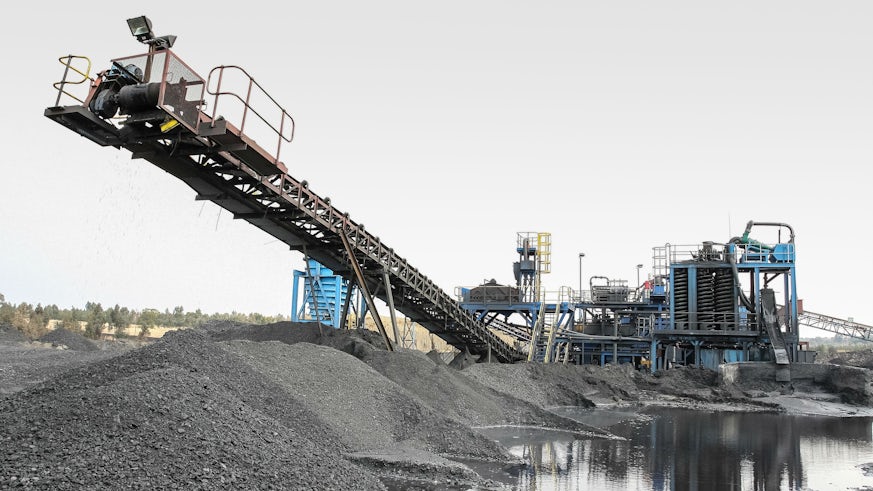Developing countries’ miners face “substantial risk inequality”
7 November 2018

Greater worker representation results in higher standards of safety for coal miners, a study has concluded.
Researchers from Cardiff University, funded by the Institution of Occupational Safety and Health (IOSH), carried out an evaluation into practices of worker consultation on occupational safety and health (OSH) in coal mining.
The comparative study examined the effectiveness of arrangements to give workers a voice and some influence on their employers’ arrangements for their safety and health in a global industry.
Led by Professor David Walters, it explored how workers are represented in coal mines in five countries – Australia, Canada, India, Indonesia and South Africa.
As well as comparing national frameworks and legislation, workers’ and representatives experiences were collected and evaluated through a series of interviews and workshops over a two-year period.
In Australia, the researchers noted that mineworkers were able to make effective representations to management on health and safety matters and could stop dangerous work without fear of reprisal. There is a similar story in Canada and South Africa, though to a more limited extent.
This is not the case in India and Indonesia. One representative in India quoted in the report said: “Our miners have worked with water over their heads (in the upper compartment), something no one should have to because it is clearly unsafe. But the management pushed us to carry on as that got their high yield in a short span of time.”
The study concluded that considerably more could be done at both global and national levels to support the role of worker representation and therefore improve safety in coalmines.
Professor David Walters, based in Cardiff University’s School of Social Sciences, said: “In countries where the regulatory steer is weaker and unions have less influence, the impact of workplace arrangements on their occupational safety and health outcomes is far less significant.
“The study provides a strong message to the industry and its regulators that the time for them to show greater support for worker representation is long overdue.”


